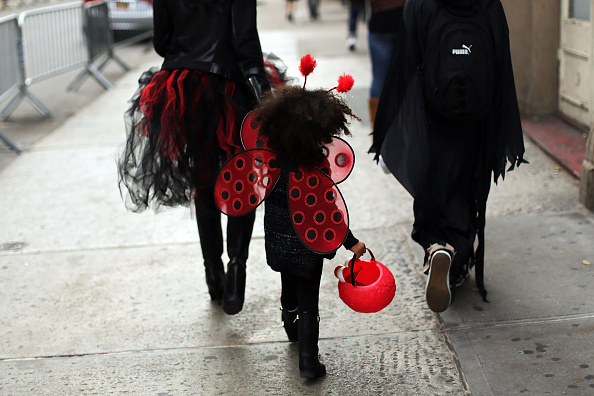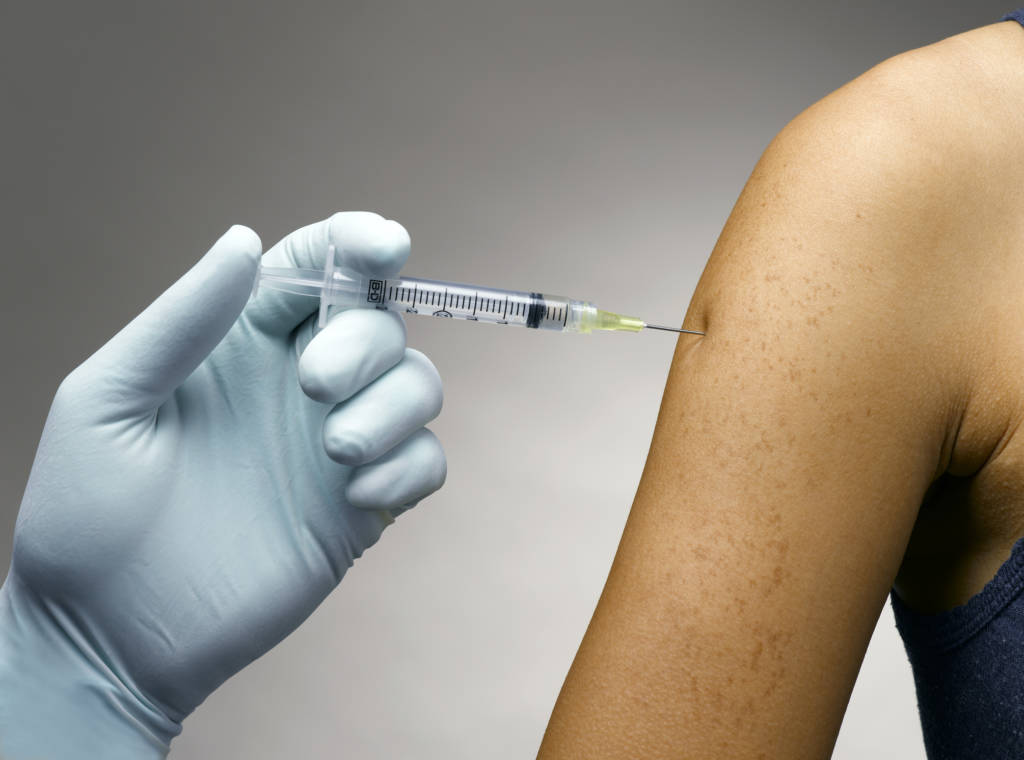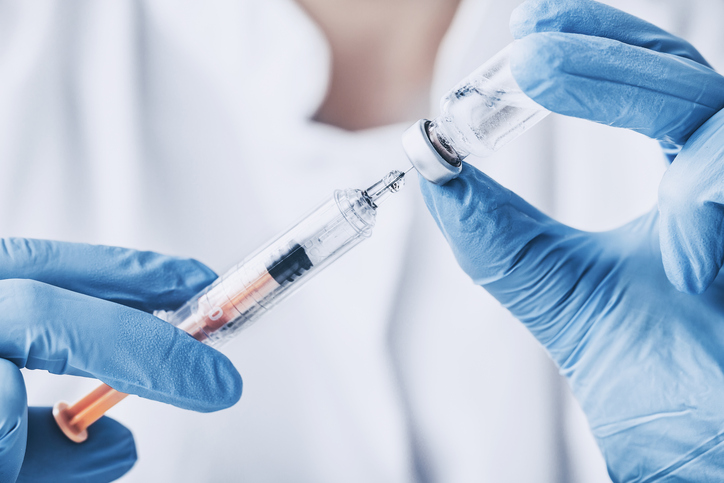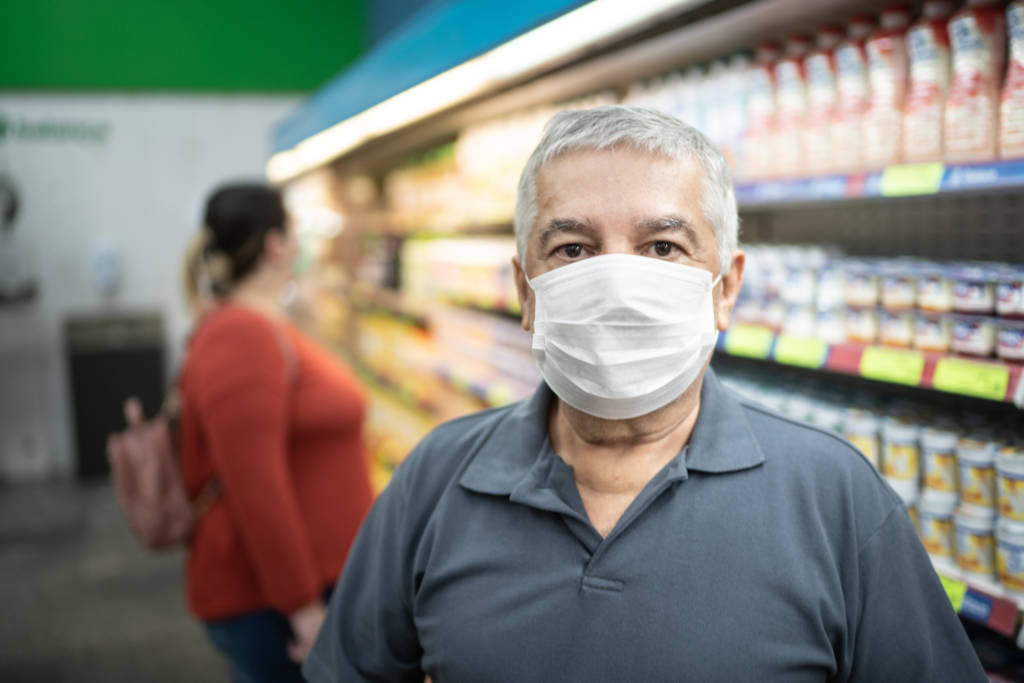The CDC’s Advisory Committee on Immunization Practices (ACIP) determined that the benefits of the vaccine in preventing deaths and hospitalizations far outweigh the risks of rare blood clots, risks that are mainly borne by younger women.The J&J vaccine has certain advantages over the Pfizer and Moderna shots also approved for use in the United States, because unlike those vaccines it requires only one dose and does not require super-cold storage.
The panel vote was 10 in favor, 4 opposed and one abstention. The opposing votes favored a stronger warning for women younger than 50 that would give them the option of choosing another vaccine.The panel’s recommendation comes more than a week after the CDC pressed “pause” on the rollout of the J&J vaccine.
Just how much do the benefits of the J&J shot outweigh its risks?
In coming to its decision, the ACIP considered a risk/benefit analysis that estimates that, for every 1 million doses of the J&J vaccine administered:
- 13 cases of blood clots will occur in women 18 to 49, but at the same time 12 COVID-related deaths, 127 ICU admissions for COVID and 657 related hospitalizations will be prevented.
- 2 cases of blood clots will occur in women 50 and older, but 593 deaths, 1,292 ICU admissions and 4,794 hospitalizations will be prevented.
- 2 cases of blood clots will occur in men 18 to 49, but 11 COVID deaths, 114 ICU admissions and 601 hospitalizations will be prevented.
- No cases of blood clots will occur in men 50 and older, but 708 deaths, 1,485 ICU admissions and 5,513 hospitalizations will be prevented.
The pause in use of the one-dose vaccine came after six U.S. reports, one fatal, of a rare but severe form of blood clot tied to use of the J&J shot, all occurring in women.
At Friday’s meeting, a CDC scientist presented nine new confirmed cases of the disorder, bringing the total to 15, the Times reported. All the cases have been in women, and 13 have been in women between the ages of 18 and 49. Three women have died from the rare clots and seven remain hospitalized, four of whom are in the intensive care unit, the CDC scientist said.




